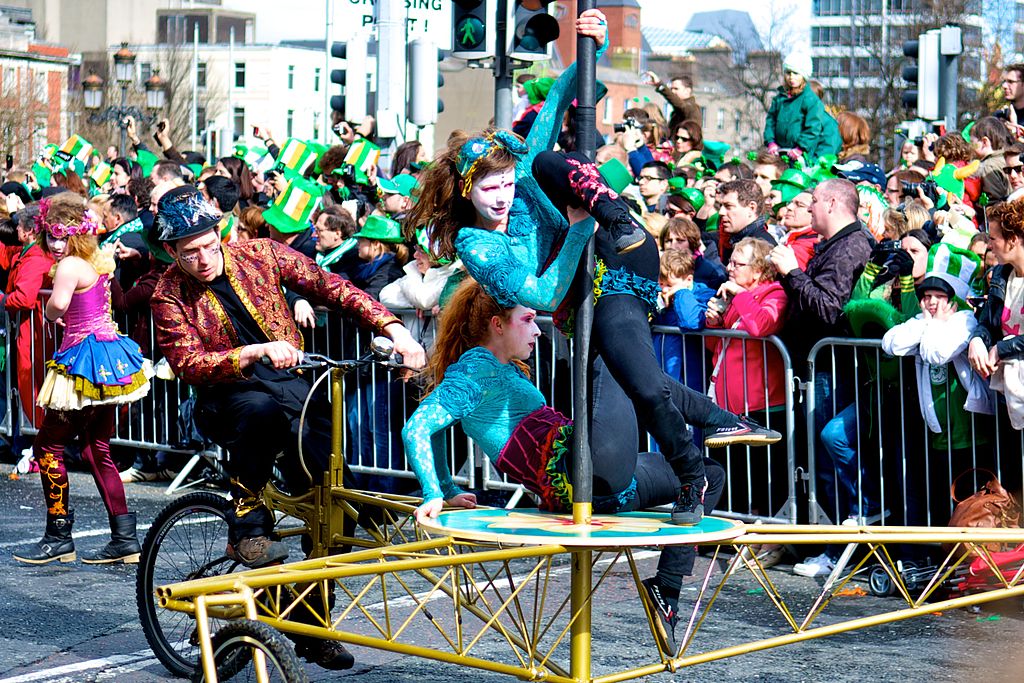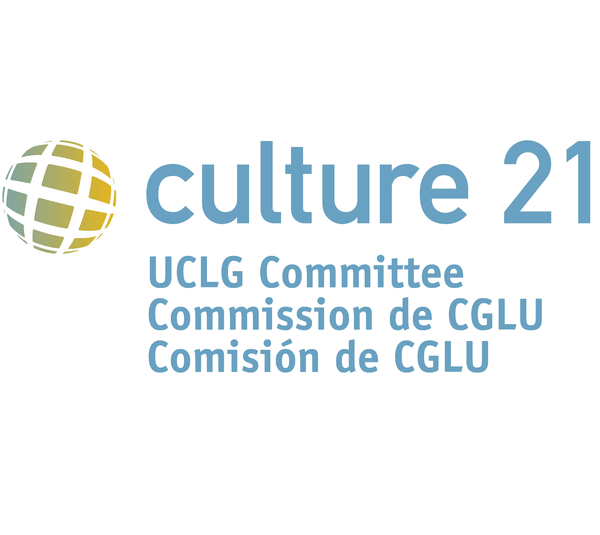These main actions were implemented from 2016 - mid 2019 by the original pilot, Dublin’s Culture Connects and subsequently the newly established Dublin City Council Culture Company. More programmes and cultural buildings will increase the Company portfolio based on the same holistic approach, and a new five-year Company strategy was launched in September 2019.
Tea & Chats - Everything starts with a Cup of Tea.
Tea & Chats is the starting point for all our programmes, allowing us to connect with people, find out what is going on for them locally in their place, community and in their lives.
This process uses easily accessible language, is not outcome led, and happens at the time and in the place where people are already gathered. Our approach is constantly evolving with experience and the process is never complete. Citizen consultation is the foundation on which Dublin City Council Culture Company is formed, and engagement actions are continuous.
Culture Club
Culture Club was established in response to regular citywide mentions by citizens during Tea & Chats that cultural venues ‘are not for the likes of me’, or other barriers of entry.
Dublin’s Culture Connects piloted a simple idea, with the National Museum of Ireland, of connecting citizens to Dublin’s national cultural institutions and other cultural venues to foster cultural curiosity and encourage a strengthened cultural life. We match people with tailor-made tours given by a curator or expert and follow the tour with a ‘Tea&Chat’ to share their thoughts. It is this specific personal invitation, hosting and facilitation which creates this pathway to cultural participation. For many institutions, this connection is a rare opportunity for audience feedback.
Fundraising Fellowship Dublin
The City Council strengthened four cultural organisations by giving them the resources to engage a full-time person in the area of fundraising and sponsorship. Two years of training and support with experts and peers was provided, increasing the impact of their cultural organisations, expanding their own career opportunities, and generating learning with others by appointing them as mentors to local community organisations. Fundraising Fellowship Dublin concluded at the end of 2018. The Department of Culture, Heritage and the Gaeltacht has decided to adopt the model created and support a national roll out of this programme in 2019 and onwards.
EU Lab
The development of cultural ideas which support local communities and also have resonance internationally, by supporting the municipality in identifying areas of common activities and trends across Europe. Increasing participation in European funding programmes, preparing relevant cultural projects in response to calls for funding, and meeting the strategic objectives of the European Commission supports Dublin’s role as a global city of cultural influence.
Dublin City Cultural Audit & Map
The city is building a cultural map that brings together, in a single place, all existing cultural information available in the city of Dublin. It has two purposes:
- To help officials/communities make decisions about the future
- To give residents cultural choices by providing them the opportunity to share stories of their heritage.



